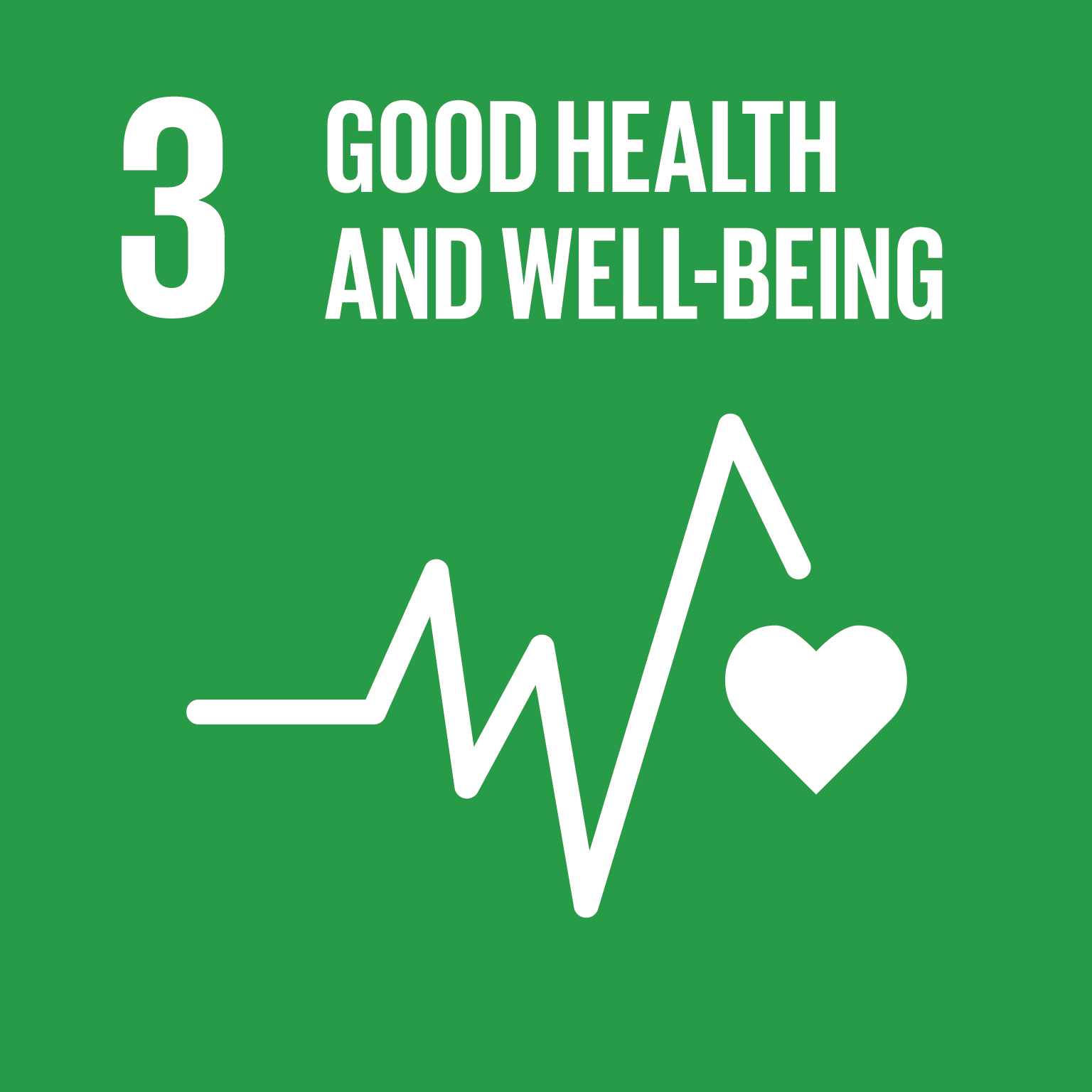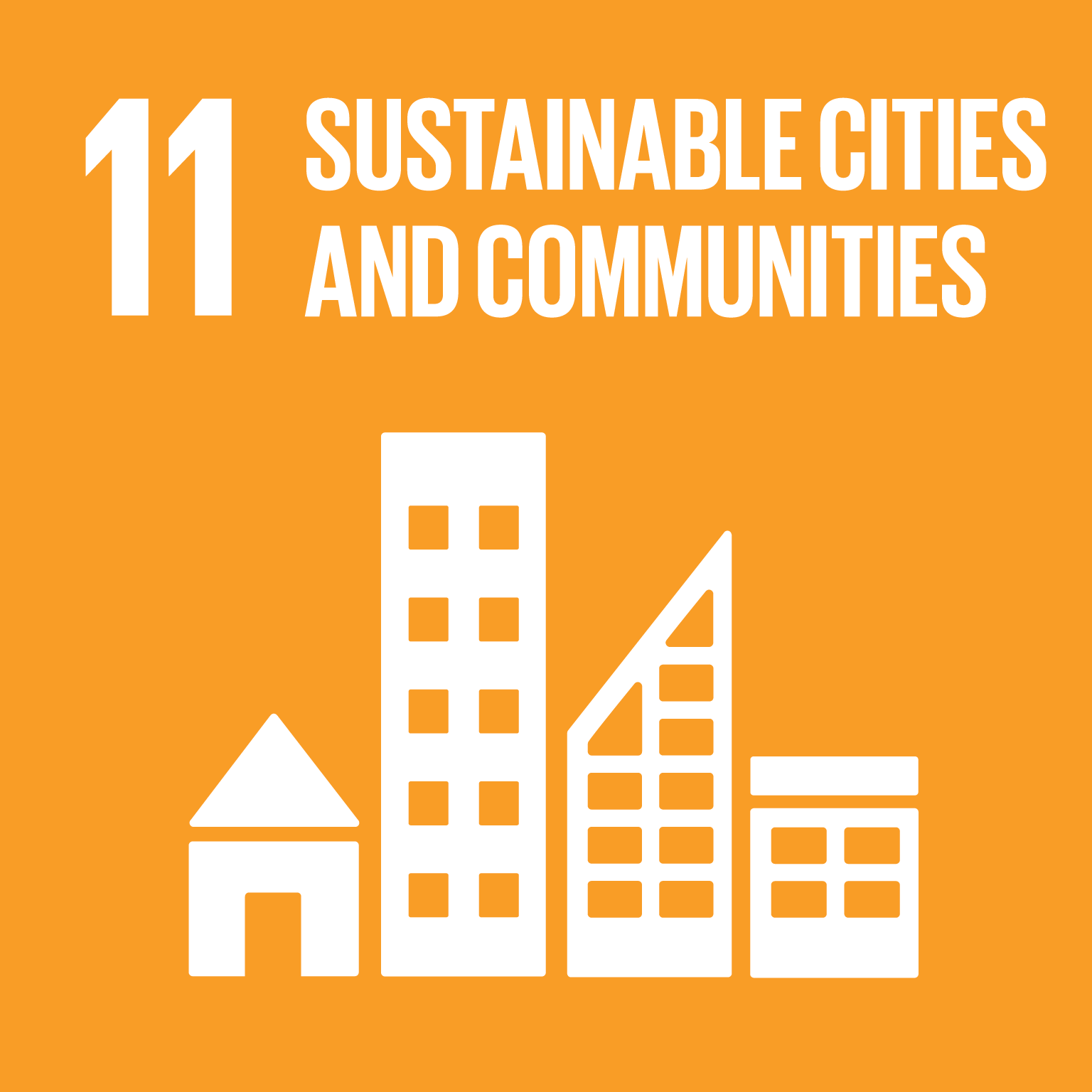Impact of the E[co]work Space
The E[co]work Space is designed to address the dismantlers needs, whilst providing access to high tech and eco-friendly recycling tools.
The space enables a shift in the dismantlers’ mindset, from shame to pride in their work. By providing shared infrastructure, E[co]work enables safer practices, improves incomes and social mobility. It contributes to environmentally sound disposal of hazardous fractions and closed material chains. Through proper ventilation systems, dust control and protection equipment the health conditions of the dismantlers, their family and their surrounding will be improved.
E[co]work directly contributes to multiple UN Sustainable Development Goals
Avoided spillage and increased control foster environmental sound dismantling practices and support a healthy and safe environment as well as the transition towards sustainable materials management. Society benefits from cleaner neighbourhoods reduced pollution and health improvements. For the dismantlers it further means no risk of business closure and thus contributes to ensure an income for the family.
Tackling the world’s e-waste challenges
Increased amount of E-waste
Electronic waste is one of the world’s fastest growing waste streams . In India, 95% of the approximately 3 million tonnes of e-waste generated per year is collected and processed by informal micro-entrepreneurs, acting as a critical link for closed material cycles and sustainable resource management.
Unsound recycling practices
E-waste contains both highly valuable and toxic materials. Inefficient and unsafe recycling operations – using inadequate tools, machinery and hazardous chemicals while wearing no protection equipment – result in severe health and environmental implications and losses of valuable resources such as gold and copper. The impacts are not limited to the workers but also affect their families and nearby communities.
Economic Loss
Setting-up new recycling system is considered a very expensive undertaking in developed nations. Developing nations may experience even higher costs, partly because the exclusion of the informal sector requires that a separate workforce needs to be trained and competition by the informal recycling sector is stiff.
High requirements & complexity
While the willingness of the informal sector in India to become formalized is often hampered by complex formalization procedures and inability to meet the requirements, they face increasingly pressure that threatens their businesses to the edge of existence.
Marginalization of the sector
The well-established network and material flow chain of the informal sector combined with their work skills also strongly support the local economy and provide a livelihood for the urban poor. There is worldwide consensus that the aim should be to integrate the informal sector into the official waste management system. In reality, the sector is often marginalized as it is seen as unwelcome competition due to a lack of appropriate approaches to establish and nurture co-existence.
Recent development & increased pressure
The new E-Waste Management Rules that came into force in India in 2016 set recycling targets for producers and by this increase demand of legally sourced e-waste. The Goods and Services Tax Act of 2017 simplifies monitoring and control of financial transfers between states, therefore increasing business compliance. Digitalization has introduced new payment methods that can facilitate transactions with the informal sector and has also increased pressure on tax compliance.
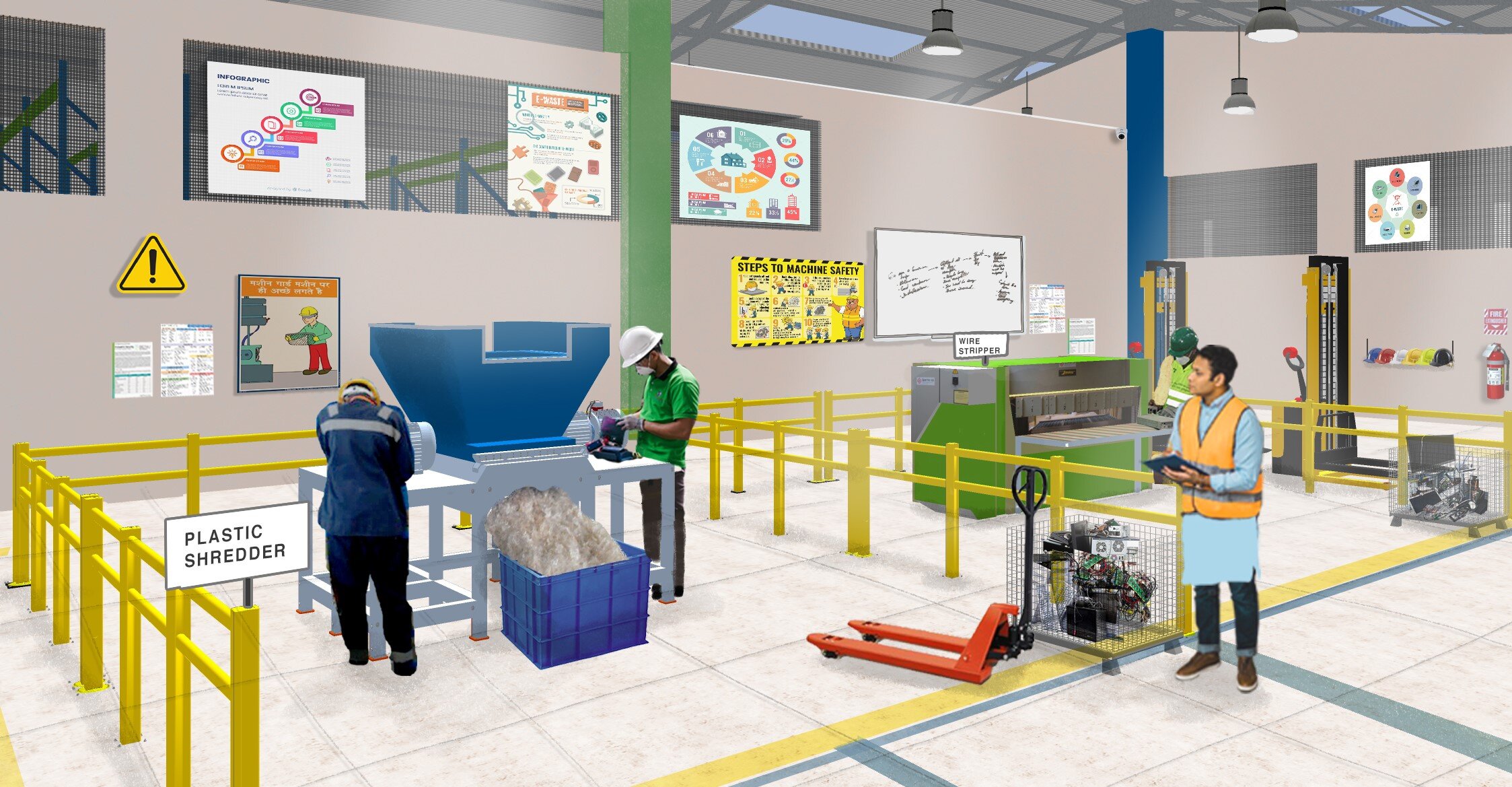

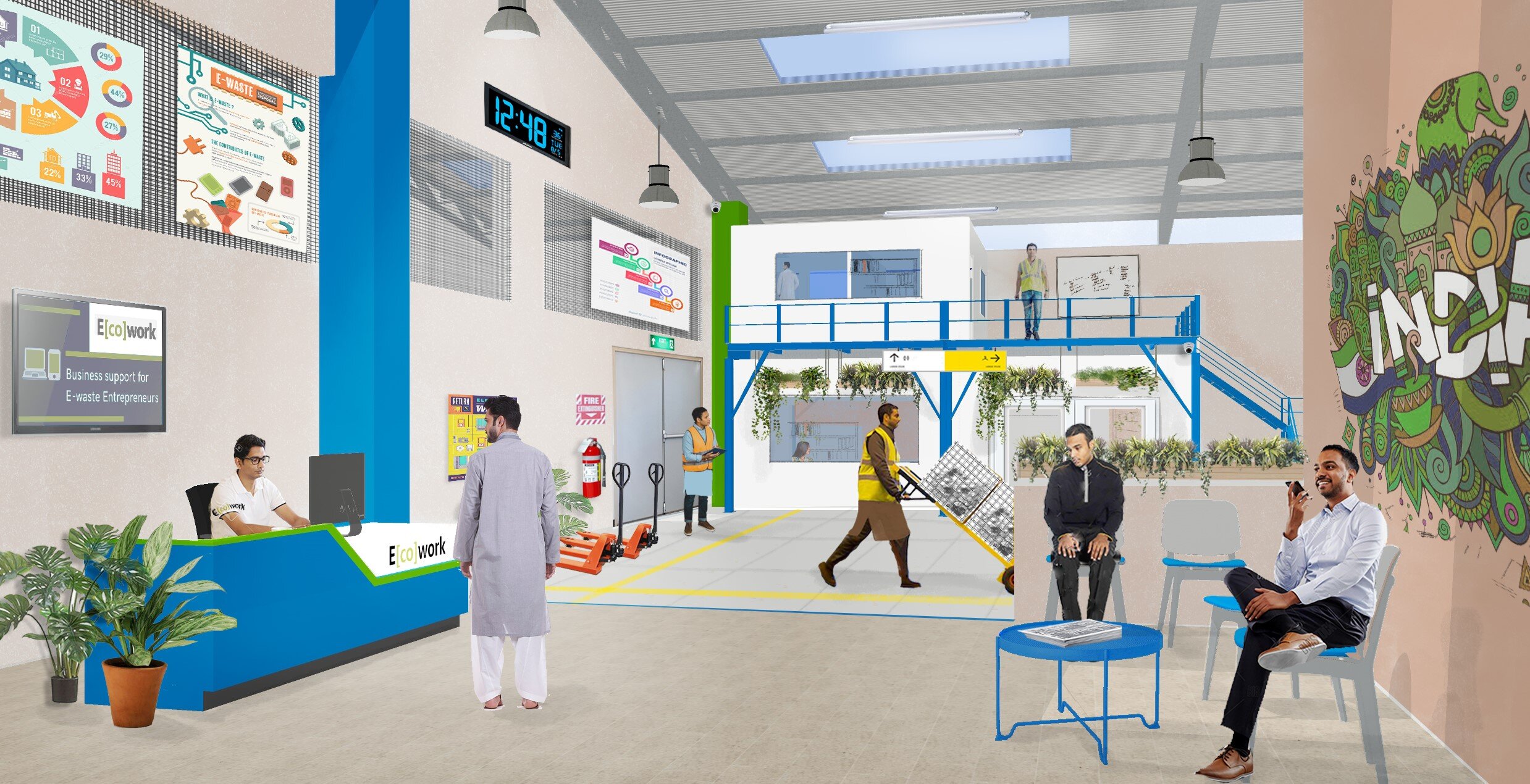




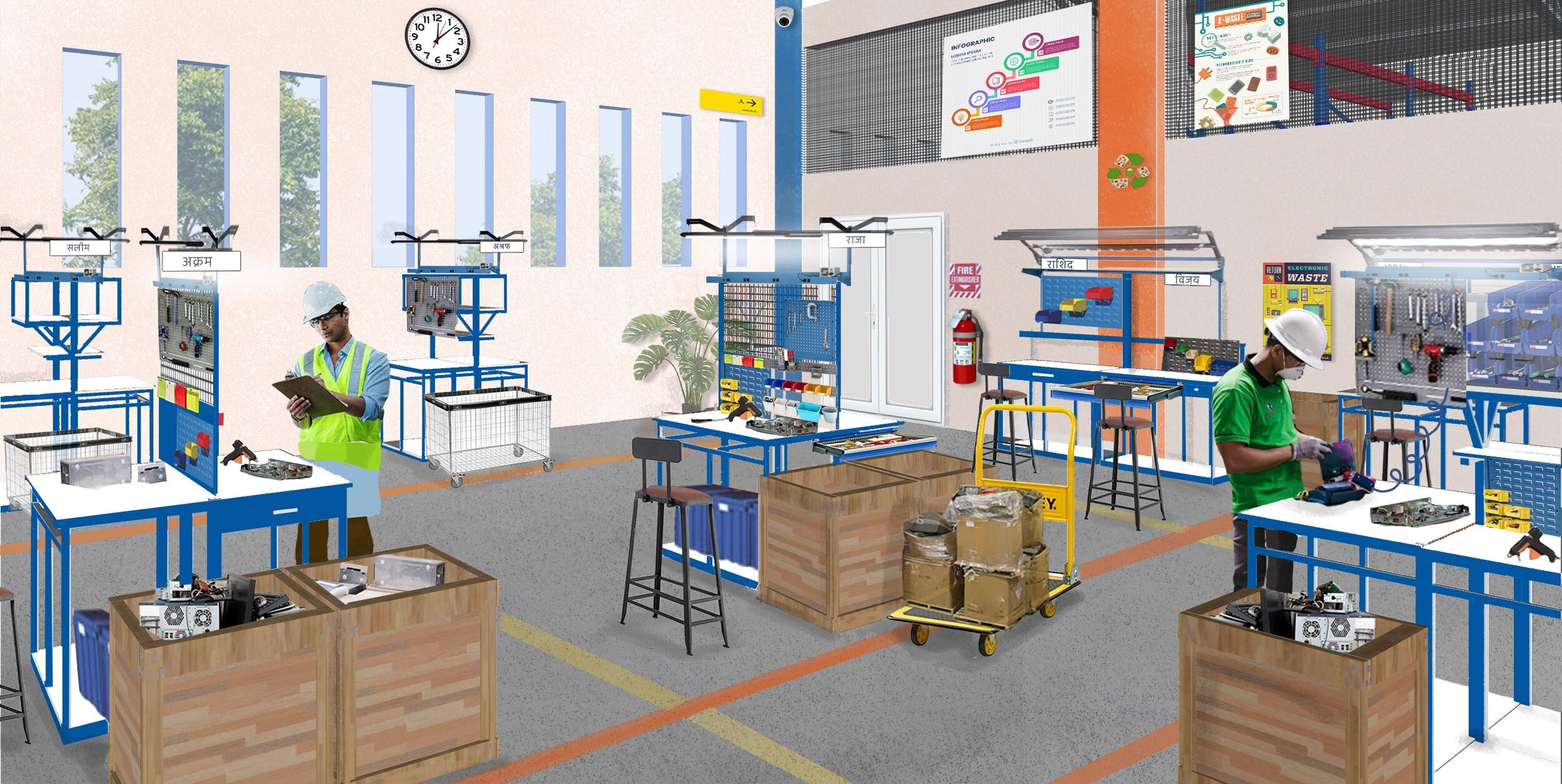

E-waste is a global issue
Purchasing and wasting electronics has impacts worldwide. Supporting us to help prevent environmental pollution and create a healthy, safe and inclusive circular economy.
![E[co]work_02](http://images.squarespace-cdn.com/content/v1/60797b82221cdf4327e032a6/1619005044536-4D0CNP1OJZCFNUZU8QV7/E%5Bco%5Dwork+logo-03.png?format=1500w)

